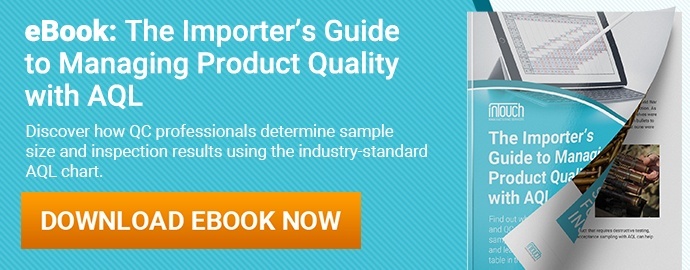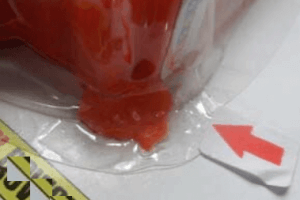 As discussed in the article "What Does AQL Mean?", the AQL standard has 3 kinds of defects: minor, major and critical. But what qualifies as a minor, major or critical defect?
As discussed in the article "What Does AQL Mean?", the AQL standard has 3 kinds of defects: minor, major and critical. But what qualifies as a minor, major or critical defect?
While these can vary from client to client, the typical definitions are:
- A Minor defect is a discrepancy from the standards, but one that is not likely to affect the usability of an object.
- A Major defect is one that is likely to create failure of the unit for its intended purpose.
- A Critical defect is one that is deemed to be hazardous or unsafe.
Examples of possible defects
Examples of major defects
- Holes and scratches
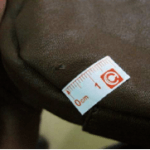
They are common issues to deal with. Most suppliers in Asia have the mentality that these defects can be expected and are not serious. However, for the average importer, these defects could impede the products from being sold.
- Size/Weight Discrepancies
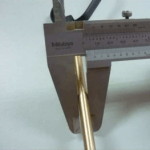
Also common is for measurements to be off, sometimes by millimeters, other times even by inches. It is important to ensure that your inspector has knowledge to use proper measurement devices to ensure the most accurate measurement.
Examples of potential minor defects
- Poor sewing:
Untrimmed and uncut threads are one of the most recurring defects found on textile products during quality inspections in Asia. While these defects are generally minor, it still can still create problems with your buyers, and thus your textiles should be seriously checked for these problems.
- Color differences:
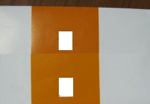
It is quite common for products to be made in slightly different colors than ordered. It takes a skilled inspector to be able to catch these discrepancies and be able to advise the client on such matters.
Example of a critical defect
- Product is dangerous and could injure the user.
This could be a sharp point that would hurt someone, or that product could be poorly manufactured in a way that it could easily break and injure the user.
Explaining to your inspection company which defects are most vital to check for, and which are the most grave problems will surely help them provide you with a reliable inspection, more focused on your concerns.
